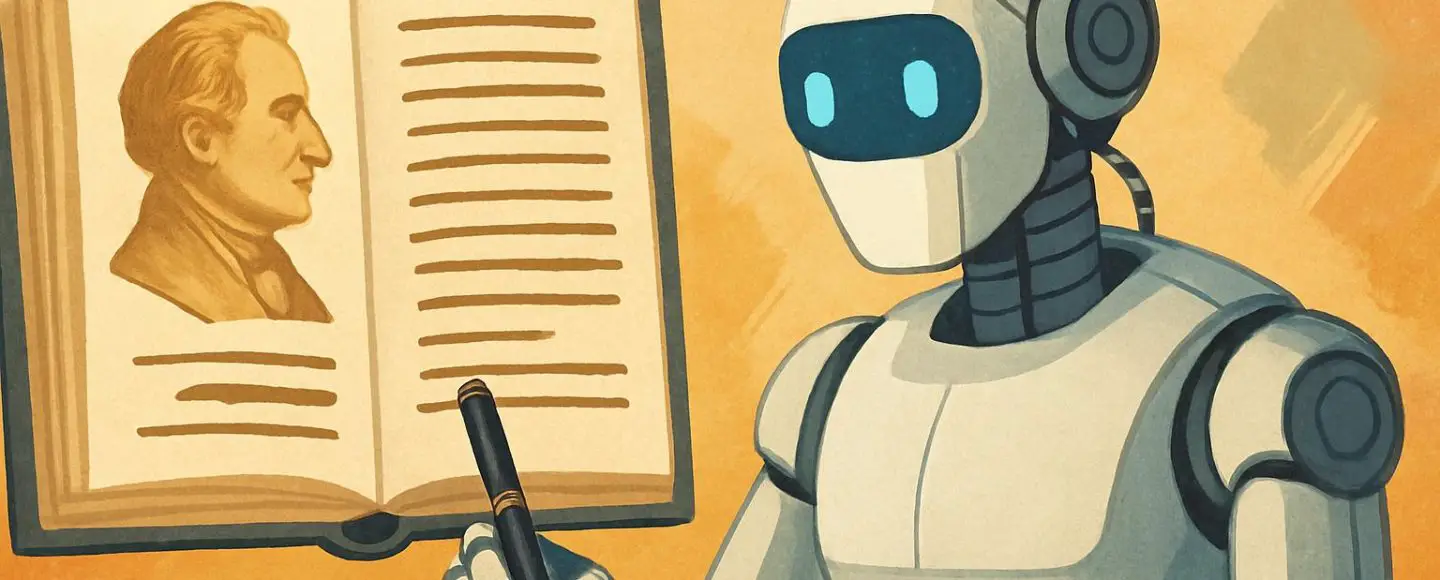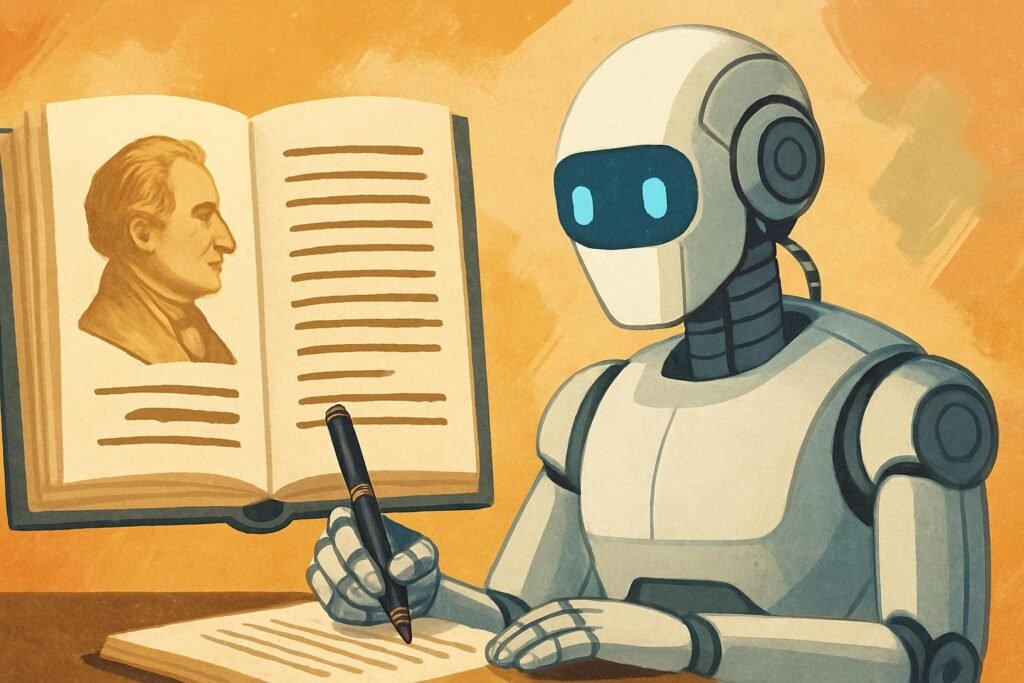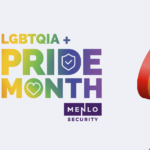
AI-Penned Biographies Are Here
The rise of machine-generated memoirs is rewriting the rules of authorship. AI-Penned Biographies Are Here and the publishing industry is taking notice. Writers, publishers, and developers are now harnessing AI to pen biographies, life stories, and autobiographies with various levels of human collaboration. These AI writing tools are shifting traditional storytelling models and prompting new debates around ethics, quality, and originality. As this innovation gains traction, the question is no longer whether AI can write a biography, but how and with what consequences.
Key Takeaways
- AI-written biographies are becoming increasingly common, often blending human guidance with algorithmic storytelling.
- Ethical concerns about authorship, privacy, and truthfulness are central to this novel form of literature.
- Publishers are experimenting with AI-assisted workflows, though reader reception is still mixed.
- The commercial viability of AI autobiographies remains uncertain but closely monitored by industry professionals.
What Is an AI-Written Biography?
An AI-written biography is a life story partially or entirely generated with the assistance of artificial intelligence tools such as ChatGPT, Claude, Jasper, or custom-trained large language models (LLMs). These tools can craft timelines, personal reflections, and descriptive passages based on provided datasets, interview transcripts, or prompts. Depending on the method used, AI biographies range from fully automated drafts to writer-guided collaborations, where machine output is structured or heavily revised by a human author.
There are two primary forms of AI intervention:
- Assisted Composition: AI tools help human writers by generating drafts, suggesting stylistic edits, or expanding anecdotes upon request.
- Fully Generated Narratives: AI writes entire chapters or story arcs using structured data, which may include dates, achievements, quotes, and personal stories provided by the subject or researcher.
Real-World Examples of AI-Assisted Memoirs
One notable case study is by journalist Alex Hern, who allowed ChatGPT to write his biography based on factual prompts. As he documented in The Guardian, the tool captured a coherent life narrative but lacked emotional nuance and specificity. The output was readable but generic, with more of a factual register than literary prose.
Self-published authors on Amazon’s Kindle platform have also begun exploring AI-assisted publishing models. Some titles openly disclose AI involvement, while others do not. Companies such as StoryFile are also entering this space by converting digital interviews into interactive biographies for future generations.
These examples show how story quality and authenticity vary depending on the depth and relevance of the input material. While AI can cover structure and language, only human involvement can provide the emotional depth and thematic cohesion that turn a life story into a lasting narrative.
How AI in Autobiographical Genres Compares to Fiction and Poetry
Writers have already used generative AI for fiction and poetry, with tools producing short stories and abstract verse. In these forms, creativity sometimes benefits from AI’s unpredictability. By contrast, autobiography demands verified facts, chronological consistency, and nuanced emotional truth grounded in personal experience.
A sci-fi novel with a repetitive format may still satisfy readers, but a biography that lacks authenticity can feel hollow. While ambiguity may work in poetry, life stories need meaningful insight. These distinctions highlight the importance of editorial oversight to refine emotionally resonant narratives created with AI assistance.
Inside the AI Ghostwriting Workflow
The process behind AI-written life stories often follows a detailed workflow, blending automation with human refinement. Here is a streamlined version used by authors and content creators:
- Dataset Collection: Authors gather source material such as interviews, journal entries, and personal documents.
- Prompt Engineering: AI tools are prompted using tailored inputs aligned with narrative goals and style preferences.
- Draft Review: The resulting drafts are carefully reviewed, edited for clarity, and revised for emotional tone.
- Fact Verification: Human authors or editors verify the accuracy of events, names, and timelines.
- Final Polishing: Writers enhance sentence flow and address ethical considerations before publishing.
This workflow positions AI as a valuable assistant rather than a full-fledged author. The machine handles speed and structure, but meaningful storytelling still relies on human insight and ethical judgment.
Ethical Challenges of Machine-Made Life Stories
AI-generated autobiographies raise serious ethical questions across several categories:
- Authorship Credibility: Who receives credit or accountability for the finalized manuscript?
- Privacy & Consent: If the biography focuses on a public or deceased figure, obtaining ethical consent becomes complicated.
- Emotional Authenticity: AI cannot truly feel emotions, which can result in flat or disingenuous writing.
- Truth vs. Fabrication: When AI makes up details or hallucinates facts, it compromises the integrity of the narrative.
Dr. Mae Lin, an AI ethics scholar at Stanford University, says, “Autobiographical AI isn’t about whether a machine can replicate language. It’s about whether it should represent internal life. If that’s offloaded entirely to non-sentient code, we risk diminishing the moral gravity of human experience.”
Is There a Market for AI Biographies?
The commercial landscape for AI-generated life writing is still developing. According to the AI in Publishing 2023 report, only about 7 percent of self-published books involved AI in any capacity. Among these, biographies made up a small share compared to poetry and business nonfiction.
Some editors at hybrid presses, such as InkMonk Press and MicroMemoirs, use AI tools during the early draft stages but maintain human involvement throughout editing. Traditional publishers remain hesitant, while experimental platforms and digital-first companies pursue new approaches.
Reader opinion is divided. A 2023 BookBuyer survey found that 61 percent of readers would explore an AI-generated memoir, but less than 30 percent believed such books could match the emotional impact of human-penned works. This suggests that emotional credibility remains crucial in life storytelling.
How Publishers Are Responding to AI’s Rise
The use of AI in literature has split publishers into distinct camps:
- Traditional Publishers: These companies advocate for full disclosure of AI tools and fear a decline in narrative quality.
- Hybrid Presses: They treat AI as an idea generator or structural assistant while keeping creative control in human hands.
- Self-Publishers: This group leads AI adoption. With user-friendly tools, anyone with life experiences can now produce memoirs.
Copyright law is still catching up. Books created solely by AI may not qualify for protection, and works misrepresenting facts could face legal scrutiny. The lack of legal clarity raises further accountability questions about reputation and ownership.
Simon Fieldman, Executive Editor at NextChapter Publications, noted, “AI is a tool, not a solution. In biographies, the goal is intimacy and accuracy. If machine involvement hinders either, it has no place in the final draft.”
What the Future Holds for AI Life Writing
Despite ongoing challenges, AI-assisted life storytelling is becoming more advanced. As tools improve, new standards will emerge that prioritize ethical use and transparency. Writers and editors will likely use AI to help structure narratives, process large content inputs, and accelerate revisions.
A hybrid future is most likely. In this model, humans will remain responsible for introspection and emotional depth while AI supports in research and structure. Tools that envision AI collaboration in creative writing are already shaping workflows across genres.
As perceptions shift, the role of AI in literature will continue being debated. Still, preserving the soul of storytelling remains a human duty. At least for the foreseeable future, emotional insight and lived truth will stay at the heart of any meaningful autobiography.


